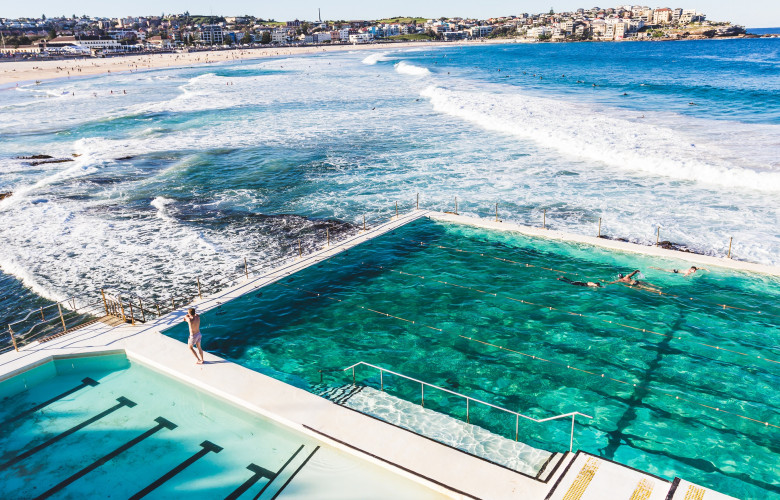Budget not enough to help affordability in Sydney, Melbourne, but good news for the rest of Australia
Contact
Budget not enough to help affordability in Sydney, Melbourne, but good news for the rest of Australia
The budget's First Home Super Savers Scheme might alleviate some housing affordability pressures, but is unlikely to help first-home buyers who want to live close to the city in Sydney and Melbourne.
The government's First Home Super Savers Scheme is certainly a step in the right direction for first-home buyers, but won't relieve all housing affordability pressures, say industry heavyweights.
The First Home Super Savers Scheme will allow first home buyers to save for a deposit by salary sacrificing into their superannuation accounts. The extra funds contributed will have the same tax advantages as superannuation. Contributions will be capped at $30,000 per person, and $15,000 per year.
"It will help, but it's not a fix," said Malcolm Gunning, president of the Real Estate Institute of Australia told SCHWARTZWILLIAMS.
"If you look at it from a national view, [the scheme] may not go far in Sydney and Melbourne, but it will in other cities," said Gunning.
"We think it's a good incentive for the regions," he said.
Gunning said first-home buyers have to recognise that "Sydney and Melbourne are now world-class cities." First-home buyers are competing for real estate with empty nesters and well-heeled property investors in those cities, he said.
Gunning said he believes the federal government has shown strong leadership for the states, which he hopes will now follow with their own measures to improve housing affordability. Changing stamp duty and increasing the speed of getting proposals to market are two clear areas where there is room for improvement, said Gunning.
Joseph Walton, president of the Real Estate Institute of Victoria, told SCHWARTZWILLIAMS the scheme does not go far enough.
“The REIV does not believe the new measures go far enough in genuinely assisting first-home buyers in entering the market," he said.
"Extending the First Home Owners Grant to include established properties and doubling the grant in metropolitan Melbourne would have been more beneficial for first-home buyers,” he said.
Walton said the savings limit in the super savings scheme means the scheme will be insufficient to help Melbourne first-home buyers.
“While the REIV supports the First Home Super Savers Scheme in principle, the $30,000 cap on savings in super accounts is not representative of house prices in Melbourne, where the median price is currently $826,000 and the recommended deposit is 20 per cent," he said.
Walton also said more information about the scheme is required.
“Further clarification is also needed as to what becomes of the savings being held in a super fund if the individual opts to not purchase a home," he said.
Leanne Pilkington, deputy president of the REINSW, told SCHWARTZWILLIAMS, "It's great they're doing something and yes it will provide assitance, but the only way to improves prices is to increase supply." She called on the states to implement changes to stamp duty.
Michelle Ciesielski, Knight Frank’s Head of Residential Research, Australia, said the First Home Super Saver Scheme shows the government is taking a "holistic approach" to helping first-home bueyrs.
“It’s great that the government is taking some steps towards helping first-home buyers into the market through the First Home Super Saver Scheme," she said.
Knight Frank is marketing a project in the Illawarra region that has quarantined 30% of its apartments for first-home buyers.
Brendan Rynne, Chief Economist KPMG, says The First Home Super Saver Scheme is a positive first step.
The scheme "will help new buyers to compete against investors, but overall the Budget is just a first step," he said. "More policy initiatives will be needed to tackle this complex problem, with greater co-ordination between all tiers of government and the private sector."
Read more of The Real Estate Conversation's budget coverage:
Real Estate Institutes back budget's focus on housing affordability
Housing measures in the 2017 Budget
Affordable housing in, negative gearing stays, says Treasurer





